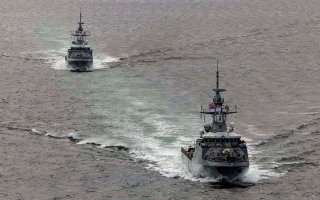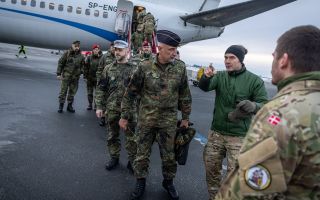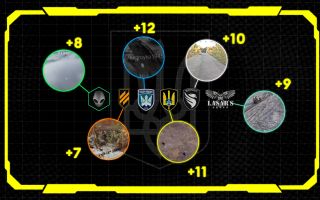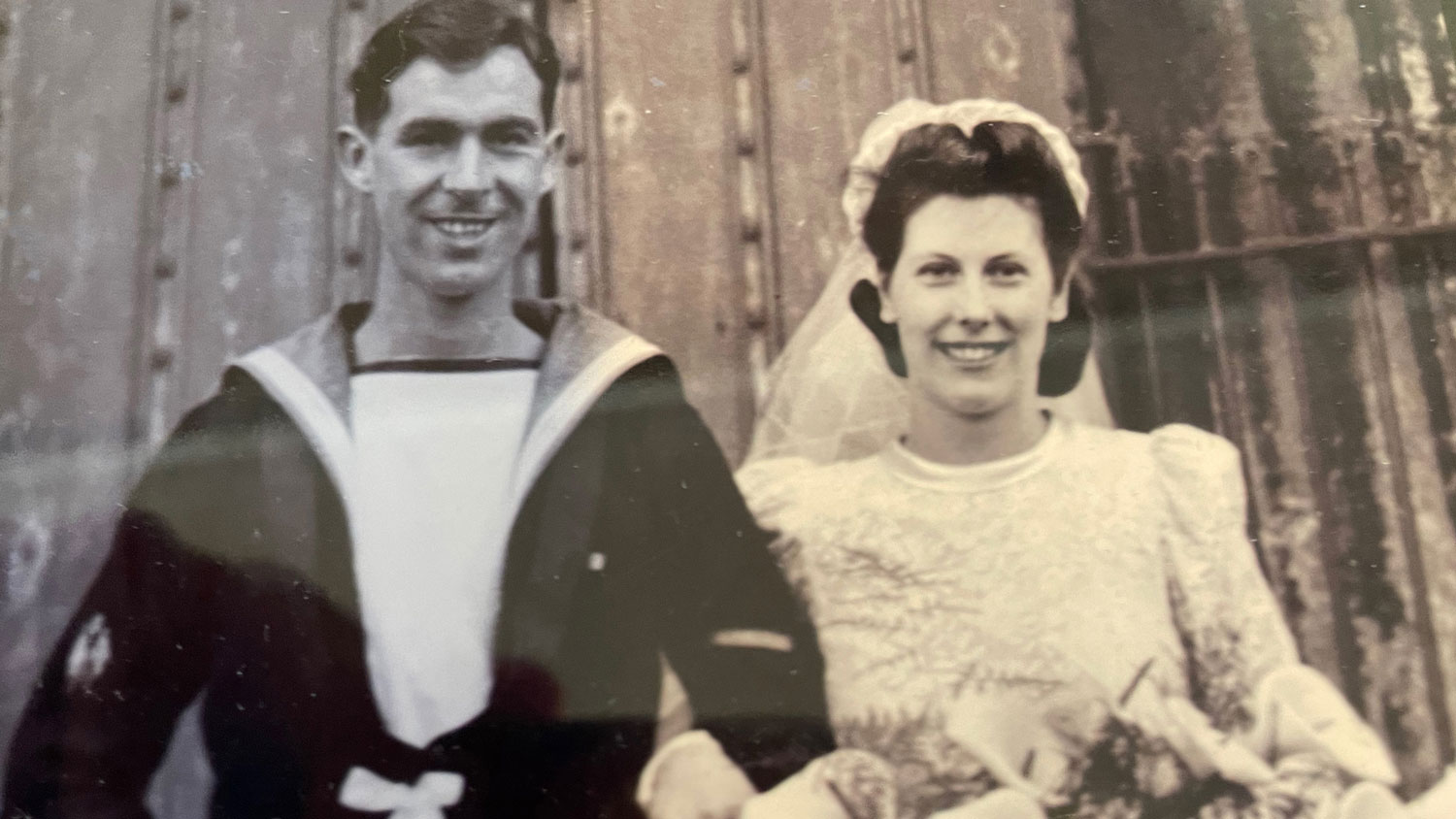
The separation won't last forever: Timeless advice for separated military couples

As we approach the 80th anniversary of VJ Day, the stories of those who endured the Second World War continue to resonate, offering timeless wisdom.
One such person is Royal Star & Garter resident Mary Holley, 101, who has been reflecting on love and separation during the war.
She married her late husband Roy, very soon after he returned from service in the Far East and her memories can provide valuable lessons for today's military couples facing similar challenges.
The couple, who met in 1939, faced a three-year separation when Roy joined the Royal Navy in 1941 and deployed to the Indian Ocean.
This period was marked by intense communication restrictions and the emotional strain of being apart, experiences that partners of military personnel today might relate to.
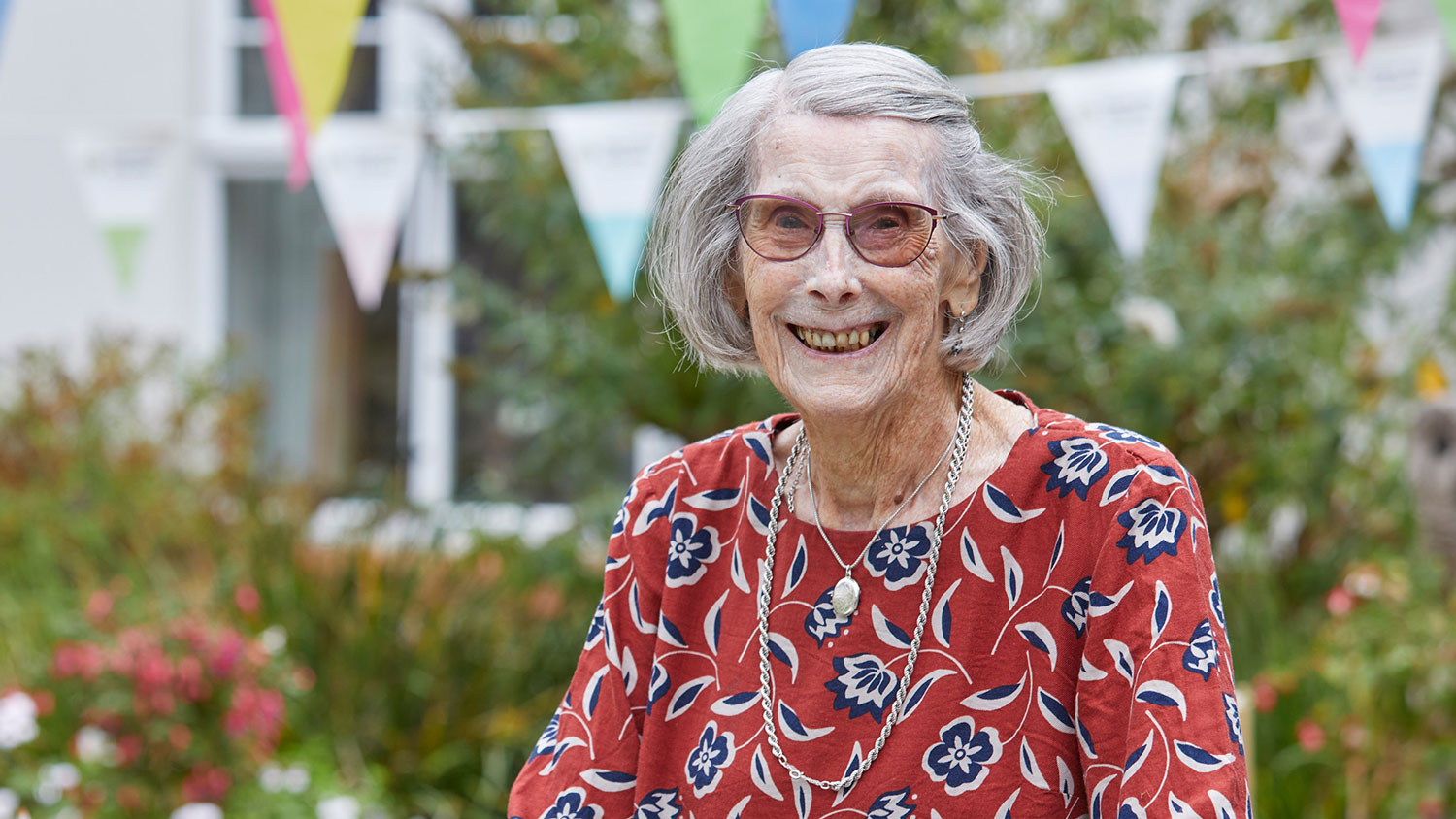
The challenge of separation
When asked about advice for modern military couples coping with separation, Mrs Holley emphasised the importance of perspective, saying: "It can be tough being apart from someone that you love, but the separation won't last forever – my separation from Roy didn't last forever.
"Everybody was called up, so you were no different to everyone else.
"You weren't on your own. Everybody was in the same boat."
Mrs Holley was able to cope with the separation by focusing on the fact that they would one day reunite and with the support of the military community.
Maintaining positive communication
During their time apart, letters were their main form of communication, but they faced significant challenges, including censorship that would often strip their letters of personal sentiments.
Mrs Holley said: "I remember there was one censor that used scissors.
"We used to write to each other on very thin paper, and they looked like Christmas decorations by the time they arrived."
When asked if she ever worried about burdening Roy with her troubles, Mary said: "I didn't bother Roy with any of my worries.
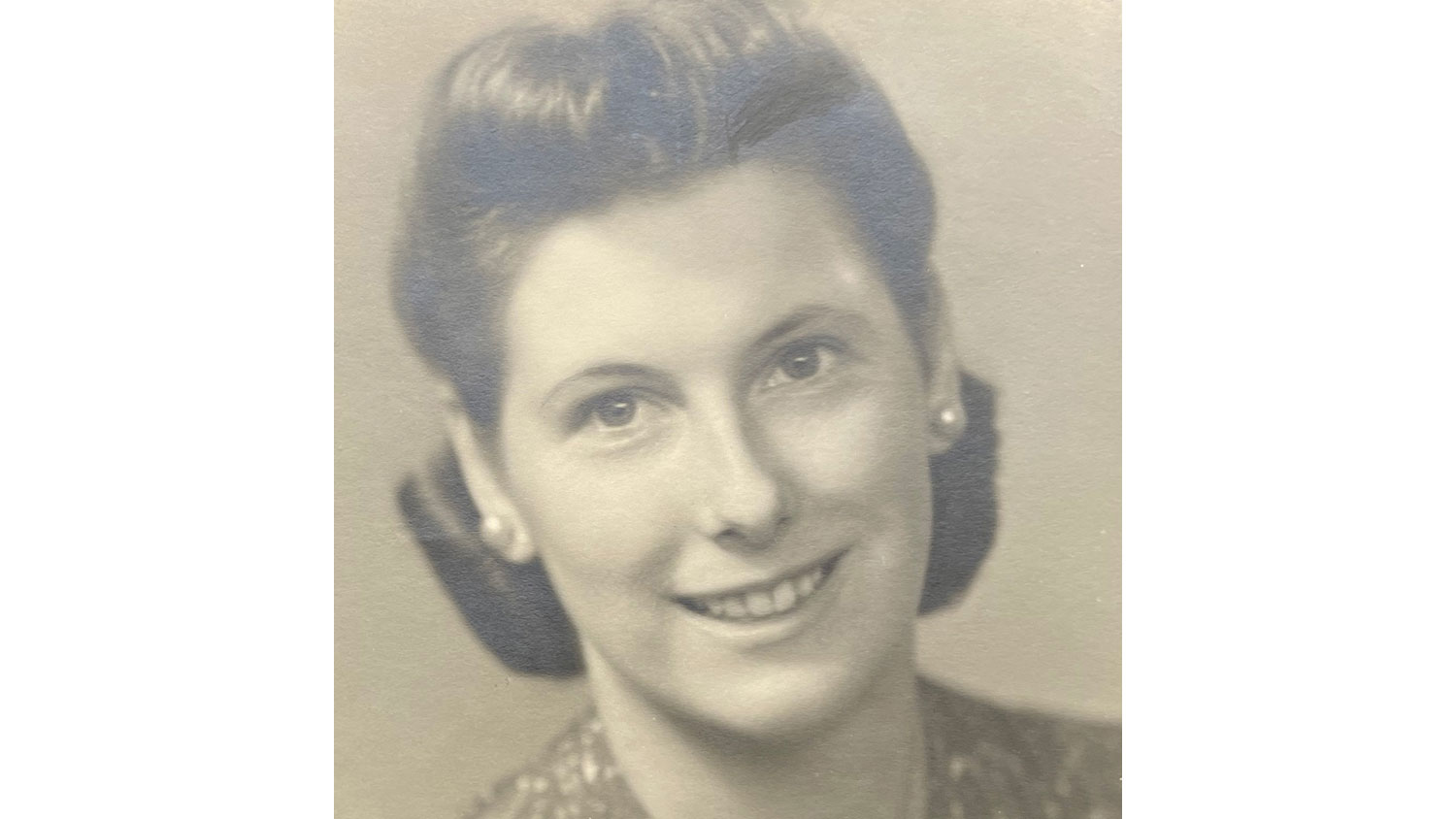
"We never shared the hardships, or the hard things we faced, only the funny things that had happened to us."
Mrs Holley's advice to keep communication positive might not always be possible as life can often present families with difficult challenges.
However, trying to write in an uplifting way whenever possible can help make both partners happy, even when physically apart.
Planning for the future
Mrs Holley's wedding planning experience offers another lesson.
With Roy serving overseas, he was not around to plan the wedding, so how did she prepare for the big day without the groom?
"Roy wasn't involved in the planning," she said. "All he had to do was make sure he met me at the church on time!"
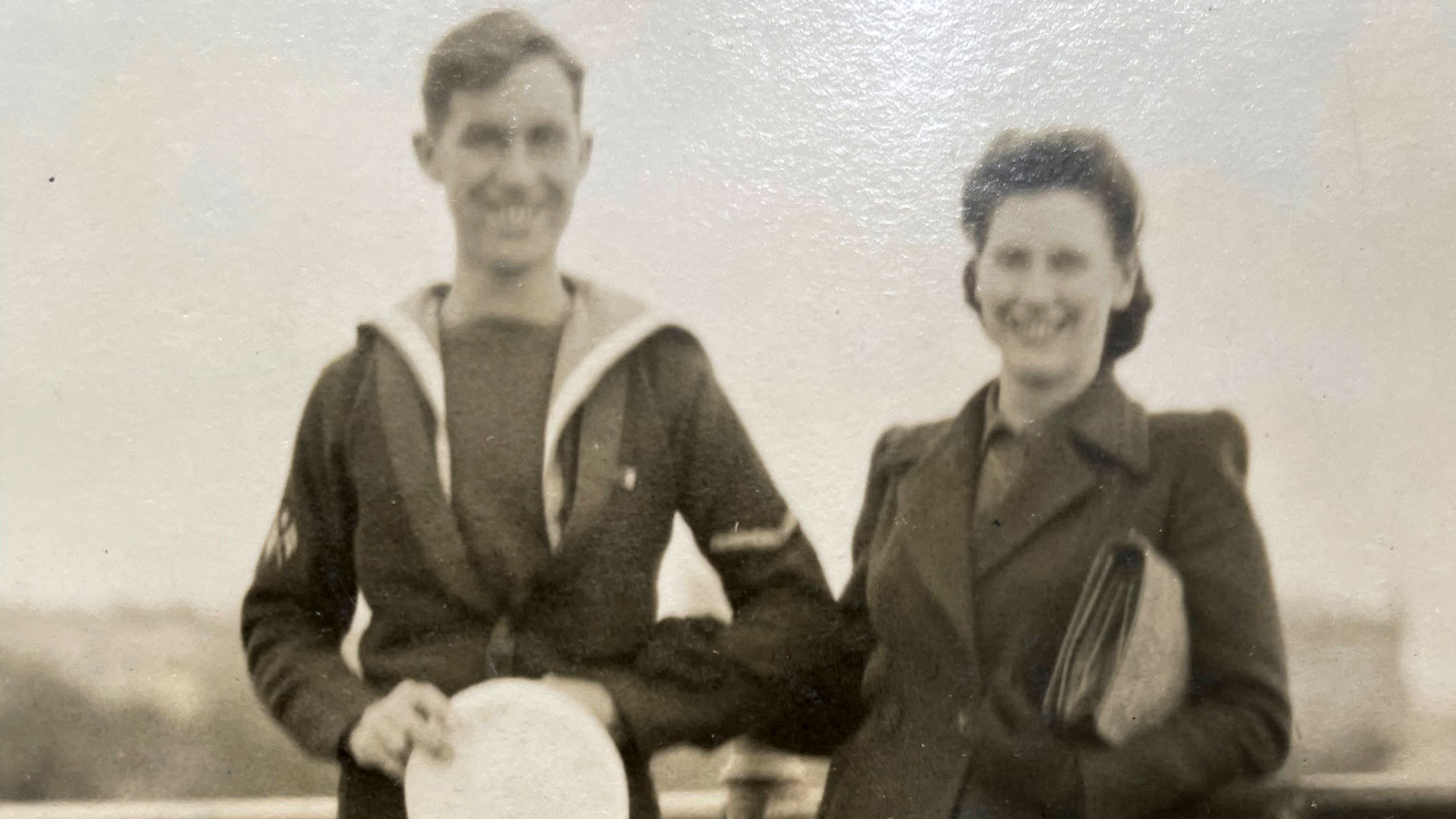
After three years away, Roy came back for one week of leave in 1944 and the couple reunited at a railway station.
Mrs Holley said: "The train came in and I ran down the station and we hugged.
"It was the happiest day of my life."
The couple married two days later and spent their honeymoon in Weston-super-Mare, but within days, Roy left to prepare for the D-Day landings.
Despite his ship being torpedoed and Roy being ordered to abandon ship, he survived.
Hope and resilience
Mrs Holley's unwavering belief that Roy would safely return is her proof of the power of hope.
While hope can so quickly be dashed, it can also be a life raft during life's stormy periods.
She said: "We didn't fear the worst, we expected the best.
"I always knew Roy would come home. There was never a shred of doubt in my mind."
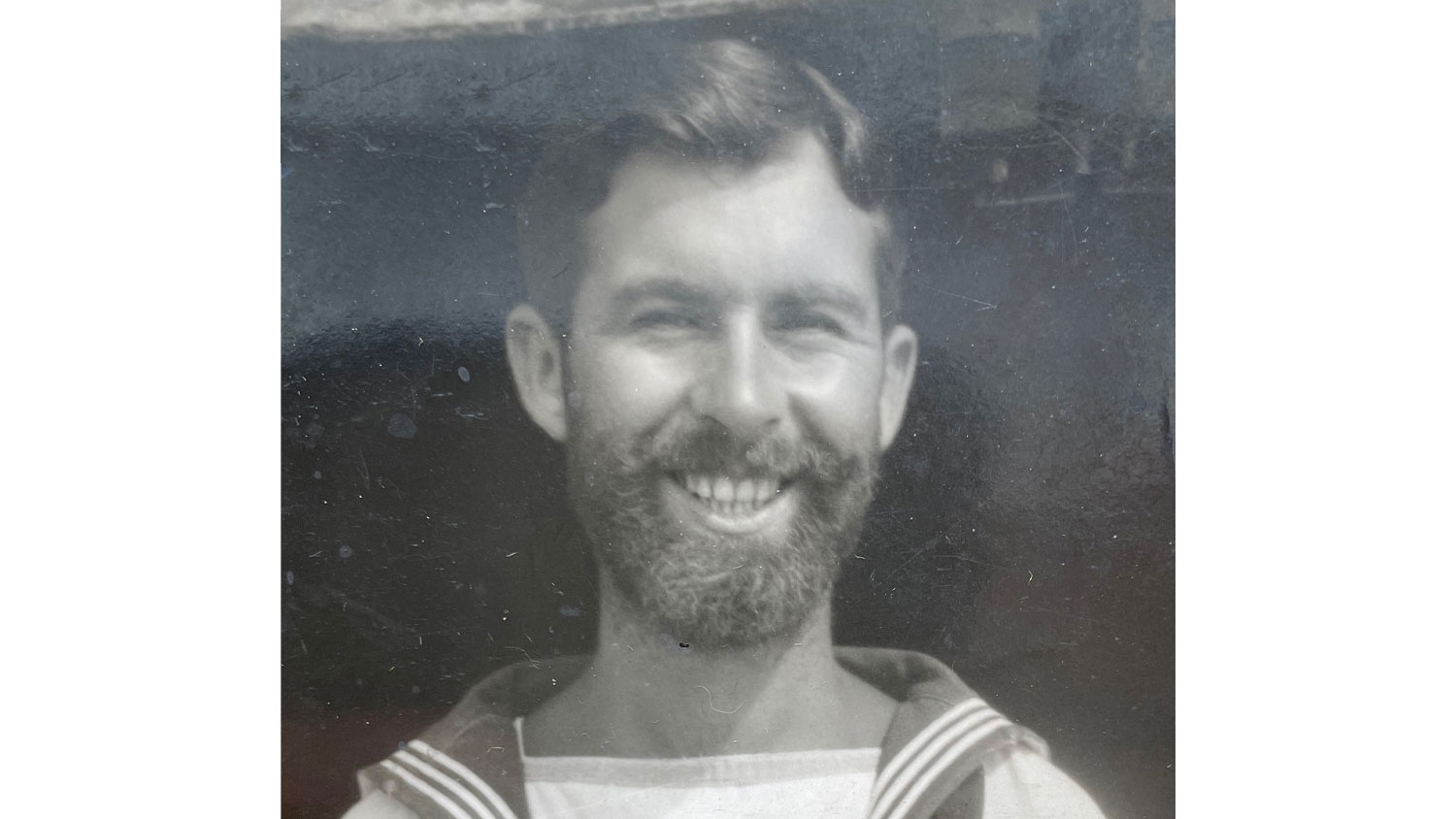
Mrs Holley believes that maintaining a positive outlook, combined with the belief that loved ones will return safely, can help military couples manage uncertainty during deployments.
Royal Star & Garter is a charity which has homes in Surbiton, Solihull, High Wycombe and Worthing for veterans and their families, living with disability or dementia.
Each of its homes will be hosting events and activities to mark and celebrate the 80th anniversary of VJ Day.
Royal Star & Garter in Surbiton is welcoming new residents.
For more information go to www.starandgarter.org/surbiton

